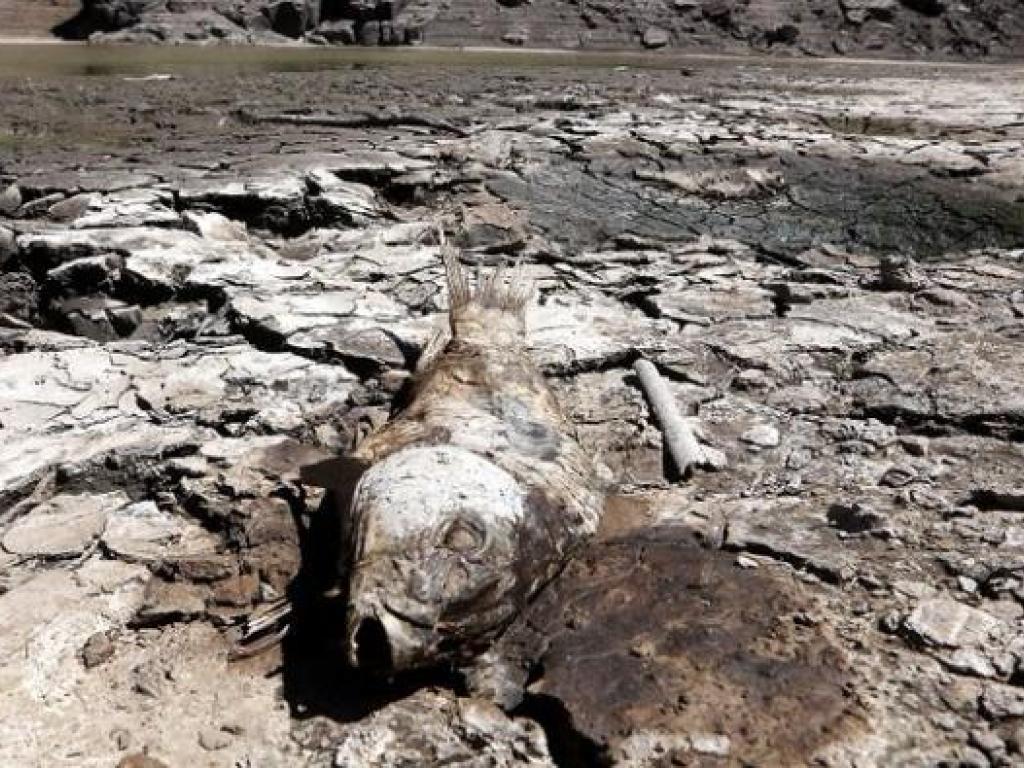Woe unto faux-water savers in Cape Town

By Paballo Abel Chauke
It is widely known that the Western Cape Province and the City of Cape Town, in particular, are experiencing one of the harshest droughts in the last 100 years. Media reports have revealed a lot of scapegoating and mudslinging where local government blames national government (and vice versa) for not putting in place the measures necessary to deal with an issue that forecasters said was both inexorable and imminent more than five years ago. Some thinkers, journalists and activists have gone so far as to claim that the WC water-crisis is more of a political issue than anything to do with climate change. They allege that politicians are using the issue to flaunt their power and influence by refusing to greenlight necessary budget resources to grapple with the crisis. While I agree that the drought in Cape Town is a complex, nuanced and interlinked issue, I am not going to delve deep into those aspects. Instead, in this piece I want to expose, warn and perhaps convert those among us who ‘perform’ water saving attitudes and behaviours in front of others, virtually or in real life, yet waste water behind closed doors.
I am originally from a township called Soshanguve on the outskirts of Pretoria and I write as someone who now calls the Cape Town suburbs home. I therefore speak from a position of both privilege and disadvantage. I know from first-hand experience that whenever there is a crisis, such as loadshedding, it is poor, black, township dwellers who bear the brunt of these crises. Government departments switch off lights or stop water supplies in townships first, as rates and rents are cheaper in those areas than in mainly white-occupied suburbs. I therefore predict that due to South Africa's deeply entrenched neo-apartheid reality of huge disparities and inequalities, it is the townships of the Western Cape that will be the hardest hit by the current drought and imminent Day Zero.
For this reason I have a bone to pick with suburban (usually white and middle class due to our history) liberals and dwellers who, at various workplaces, institutions and public domains and largely on social media, make the most noise about saving water and even disparage others who in their view are not deemed to be saving water. These faux water savers brag to others about not flushing toilets, taking two minute showers, not washing their cars etc to keep up their dissembling image of being water-savers for the long haul. One can call these pretentious actions ‘virtue signalling’ as they are falsely performative in the virtues such as care that they signal to others. I have in my personal capacity encountered some of these pseudo water-savers in their homes and other private spaces where the water saving ruse they publicly perform is found wanting. They water their lawns which are still lusciously green, fill up their swimming pools and flush toilets even when it is yellow instead of letting it mellow. And it makes sense why some of the middle class citizens in the WC would not save water: it is due to the fact that “Day Zero” and other measures will start first in poorer townships before trickling down (or rather up) to the leafy and green Cape Town suburbs. Aesop captures this well when he says “Those who cry the loudest are not always the ones who are hurt the most”. I would however make a plea with those that think they have us (the public) fooled, stop with the chicanery, the gambits and smokescreens! Please practice what you preach, save water in public and more importantly in private, for the benefit of all, black and white, rich and poor, because the water crisis is real, and so should be our commitment to saving water.
Paballo Chauke is the Coordinator: Education Portfolio at the ACDI.